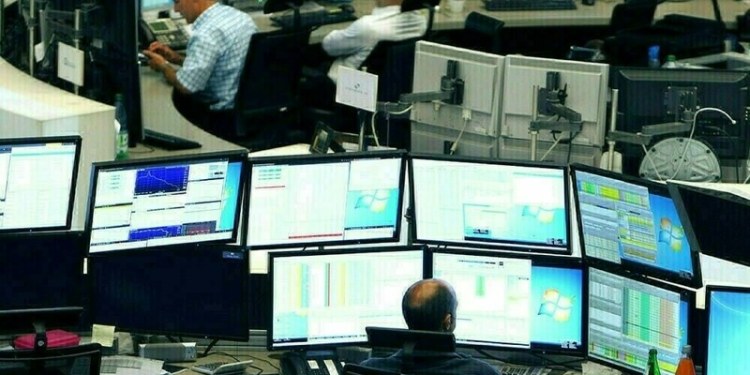KUALA LUMPUR: Malaysian palm oil futures slipped after two sessions of gains on Wednesday, after rival soyaoil fell after the United States raised a proposal to scale back biofuel blending mandates and as concerns over the Omicron coronavirus variant weighed.
The benchmark palm oil contract for February delivery on the Bursa Malaysia Derivatives Exchange closed down 82 ringgit, or 1.7%, at 4,847 ringgit ($1,147.76) a tonne, after falling as much as 2.6% earlier in the day.
“Market took a dip after the sell off in Chicago soyaoil due to the lower blending mandate by US Environmental Protection Agency,” said Paramalingam Supramaniam, director at Selangor-based brokerage Pelindung Bestari.
The Biden administration on Tuesday proposed scaling back the amount of biofuels that US oil refiners were required to blend into their fuel mix since the onset of the COVID-19 pandemic.
Palm oil is facing reduction in December production and labour shortage woes, but demand is tapering and that could cap prices from rallying further at least until the end of the year, Paramalingam added.
The contract is pressured by Omicron worries and rising global supplies, on top of concerns that demand for palm oil in key destinations has been weighed down by the palm’s narrowing discount to rival oils, Refinitiv analysts said in a note.
Soyaoil prices on the Chicago Board of Trade fell 2.3%. Dalian’s most-active soyaoil contract eased 1.5%, while its palm oil contract slipped 2.6%.
Palm oil is affected by price movements in related oils as they compete for a share in the global vegetable oils market.
Source: Brecorder




























